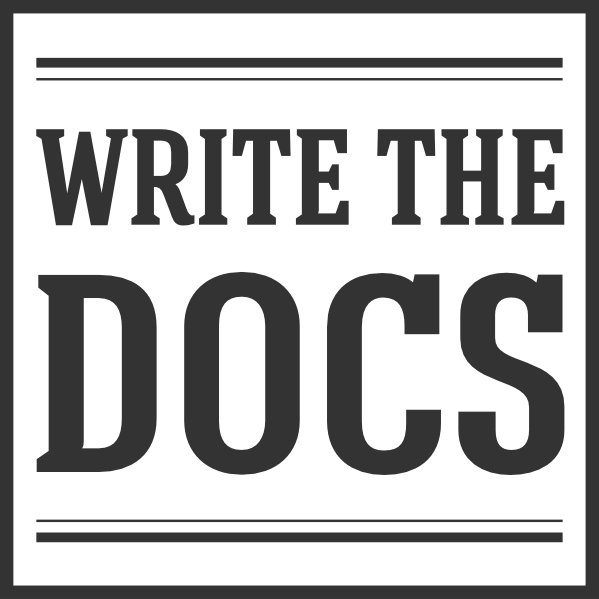Interview with Ashley Newton¶
Ashley has been a technical writer for 4 years, working in fulltime and contract positions doing software documentation.
Key takeaways¶
- Networking can lead to job opportunities and can also be a nice alternative to a potentially draining job search.
- Relevant and practical experience is a powerful asset to have for the initial job search.
What is the story of your technical writing career so far?
I did not ever plan on becoming a technical writer. When I first graduated from university with my bachelor’s degree, I sort of knew what I wanted to do, but I didn’t have a very clear idea. So I started out working in nonprofits, which had nothing to do with technology whatsoever. But I found that to be a fairly difficult work environment. I felt like I was really bringing a lot of strengths to the table but didn’t feel like there was any way that I could advance in that career field. Eventually, I realized I needed to change directions.
I had this lifelong love of writing, but didn’t know what kind of writing to do. I had never really been that into fiction, so I knew it would probably be something in nonfiction writing. But I didn’t have a portfolio. I didn’t have any connections. So I wasn’t sure how I could ever make that happen. So I thought, “Well, I need to change jobs, but writing isn’t an option, as much as I’d like it to be. I’m just going to start trying to learn some technical skills. If I have technical skills, I can probably get a good job.”
I went back to school, to start learning front end web development, and I also quit my job with the non-profit. In the midst of my search for a web developer job, I found an opportunity to work as a technical writer. Now I had learned some technical skills and had always been a good writer. The two strengths came together, and I was able to launch my career as a tech writer.
What was your experience like finding a job when you were making the transition into becoming a technical writer?
Ever since going through the experience of not being able to get hired out of university, I promised myself I’d never be in that situation again. You know, when you spend tons of time submitting job applications to companies where you don’t have any contacts, they don’t acknowledge that you’ve even applied, I feel this approach to job searching can be really demoralizing. So my approach now is to focus on being really good at the job I currently have, doing lots of networking and making connections, and developing relationships with people who work at companies that I think have a good corporate culture that would be a good fit for me. Then when my contacts know of a job opening, they let me know. And if I happen to be in the market for a new job, then I apply.
As you look to the future, what choices are you making to shape your career as a technical writer?
The best situation I can see for myself in the future is having a good combination of technical skills and communication skills and not neglecting my skills in either arena. I want to always be documenting a product that’s very technical and very relevant to the real world so that I’m always learning. Everything that I have learned through documentation projects is also a transferable skill that I can potentially use in the future for my own practical purposes.
Developing communication skills is important for my future. For example, if I ever transition into being a programmer, I feel that the best programmers are also good writers. Or if I wanted to transition into being a product manager, again, it’s all about having a combination of technical skills and communication skills. That’s my main guiding light right now, getting that well rounded combination of hard and soft skills.
What advice do you have for aspiring technical writers looking to break into the field?
I would say degrees are less important than hands on experience. And sometimes in order to get the hands on experience, you might have to accept a position that doesn’t pay very well or do some side work for free. But once you have hands on experience to show, your odds of getting hired are much higher. But that also involves having the courage to make connections with people. You have to be willing to put yourself out there, introduce yourself to people, ask them out for coffee, and ask for help when you’re stuck.
You’re going to get a lot further a lot faster when you’re taking on challenges, meeting new people, and getting your hands on projects, rather than placing all of your focus on getting a formal education. Or at least, if you choose to pursue a formal education in technical writing, consider it your side job. Place your primary focus on getting experience and building relationships with others in your field.
Ashley goes by anewton on the Write the Docs Slack group. You can find her in the #lone-writer and #sphinx channels.




